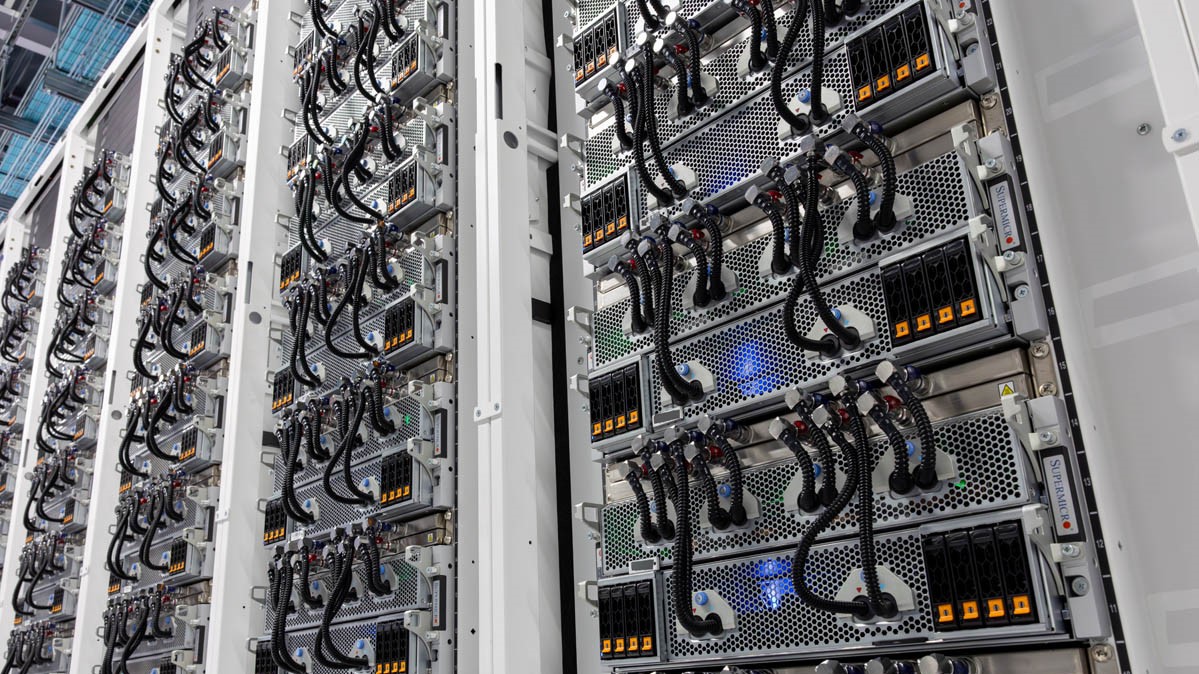
Elon Musk’s ‘Gigafactory of Compute,’ the xAI Colossus, received approval from the Tennessee Valley Authority in early November to receive 150MW from the state’s power grid. This increases the site’s initial supply of 8MW by almost twenty times, triggering concerns from local stakeholders about how this much power demand from xAI would impact supply reliability and power prices across the Tennessee Valley. Furthermore, Power Grid International reports that Elon plans to double the site’s computing capacity, doubling the facility’s energy requirements.
xAI spent a Herculean effort to put up this supercomputer, which took the company only 19 days to set up (versus the four years it usually takes, according to Nvidia CEO Jensen Huang). However, the site only had 8MW available at the time of its opening in July. So, Musk used massive portable power generators to meet the company’s needs. While Memphis Light, Gas & Water (MLGW) upgraded the existing substation to 50MW over the summer, running all 100,000 GPUs concurrently on the site is insufficient.
Experts estimate that Musk needs 155MW to run 100,000 GPUs, so his 150-MW request for the xAI site is conservative. Nevertheless, some people are concerned about the impact of such a demand on the state’s power supply.
“We are alarmed that the TVA Board rubberstamped xAI’s request for power without studying the impact it will have on local communities,” says Southern Environmental Law Center senior attorney Amanda Garcia. “Last year, TVA questioned power reliability and proposed a new dirty gas plant in South Memphis, and today, Board members expressed concern about the impact large industrial energy users have on power bills across the Tennessee Valley. TVA should be prioritizing families over data centers like xAI.”
Power Grid Internation reports that MLGW, the distribution company that delivers power to the xAI supercomputer, gave assurances to the Memphis City Council that xAI’s power demands “would not strain the grid or impact reliability for local customers.” Its CEO, Doug McGowen, claims that the additional 150MW it will deliver to the company is still within the utility’s peak load forecast and that it could buy more power from the TVA if needed.
This approval will give Elon Musk the power to drive his massive AI supercomputer. Experts say that data centers will need gigawatts of energy to train future AI models, something that the local power grid will likely be unable to handle without massive upgrades. That’s why many companies, including Amazon, Google, Microsoft, and Oracle, are investing in nuclear power to meet their future needs. However, this will take five years or more to deploy, so data centers must make do with the existing infrastructure until these research and development efforts bear fruit.







